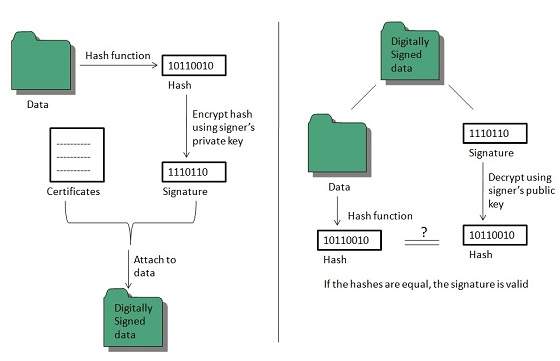
- Home
- Internet Overview
- Intranet Overview
- Extranet Overview
- Internet reference Models
- Internet Domain Name System
- Internet Services
- Internet Connectivity
- Internet Protocols
- Electronic Mail Basics
- E-Mail Overview
- E-Mail Protocols
- E-Mail Working
- E-Mail Operations
- E-mail Features
- E-Mail Etiquettes
- E-mail Security
- E-mail Providers
- Website Development
- Websites Overview
- Websites Types
- Website Designing
- Websites Development
- Website Publishing
- Website URL Registration
- Website Hosting
- Website Security
- Search Engine Optimization
- Website Monetization
- World Wide Web
- WWW Overview
- Web Pages
- Web Browsers
- Web Servers
- Proxy Servers
- Search Engines
- Internet Collaboration
- Collaboration Overview
- Mailing List
- Usenet Newsgroup
- Online Education
- Social Networking
- Internet Security and Privacy
- Internet Security Overview
- Data Encryption
- Digital Signature
- Firewall Security
- Internet Web Programming
- HTML
- CSS
- JavaScript
- PHP
- Internet Useful Resources
- Internet Quick Guide
- Internet Useful Resources
- Internet Discussion
Digital Signature
Digital Signature
Digital signatures allow us to verify the author, date and time of signatures, authenticate the message contents. It also includes authentication function for additional capabilities.

A digital signature should not only be tied to the signing user, but also to the message.
Applications
There are several reasons to implement digital signatures to communications:
Authentication
Digital signatures help to authenticate the sources of messages. For example, if a banks branch office sends a message to central office, requesting for change in balance of an account. If the central office could not authenticate that message is sent from an authorized source, acting of such request could be a grave mistake.
Integrity
Once the message is signed, any change in the message would invalidate the signature.
Non-repudiation
By this property, any entity that has signed some information cannot at a later time deny having signed it.